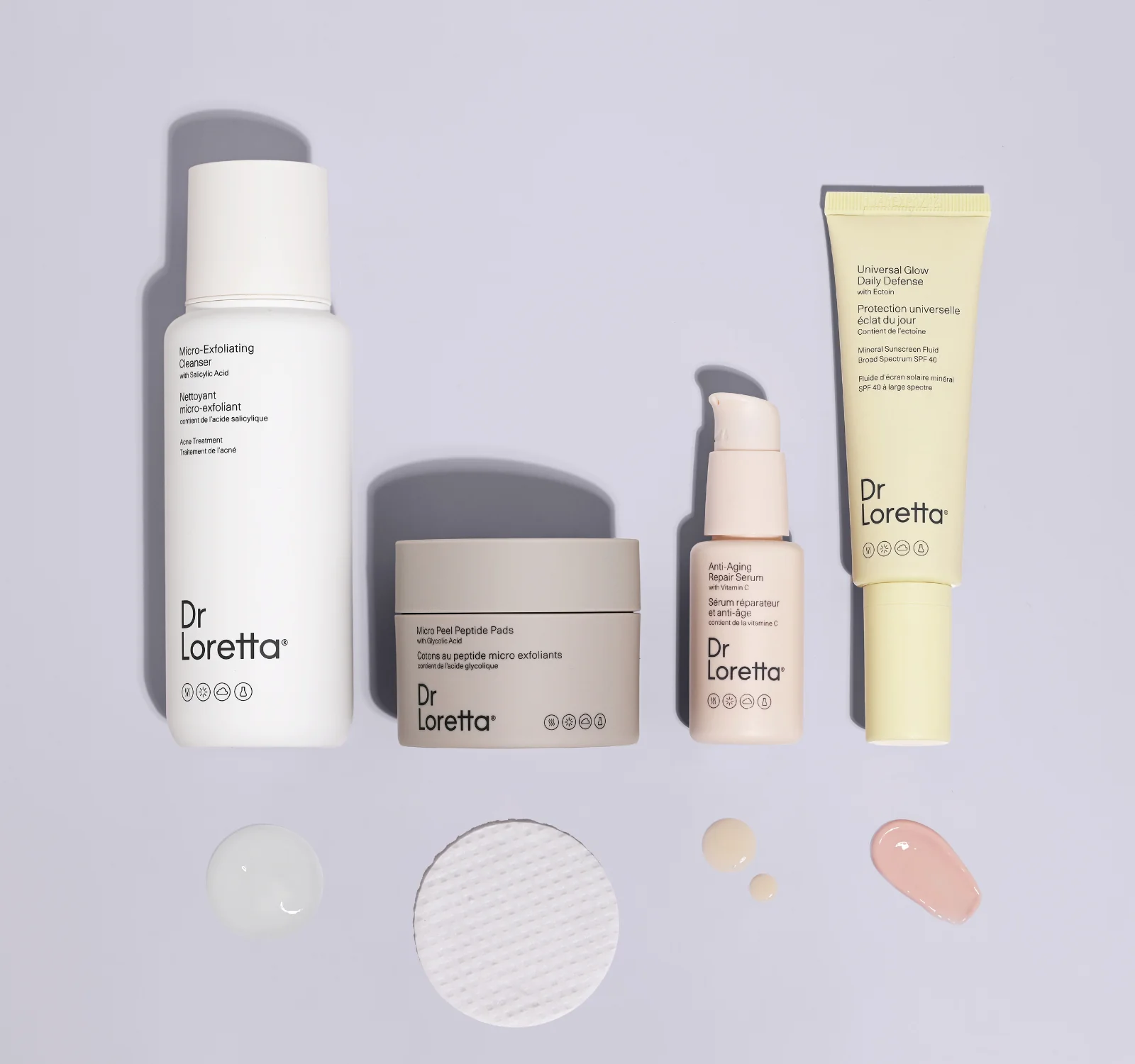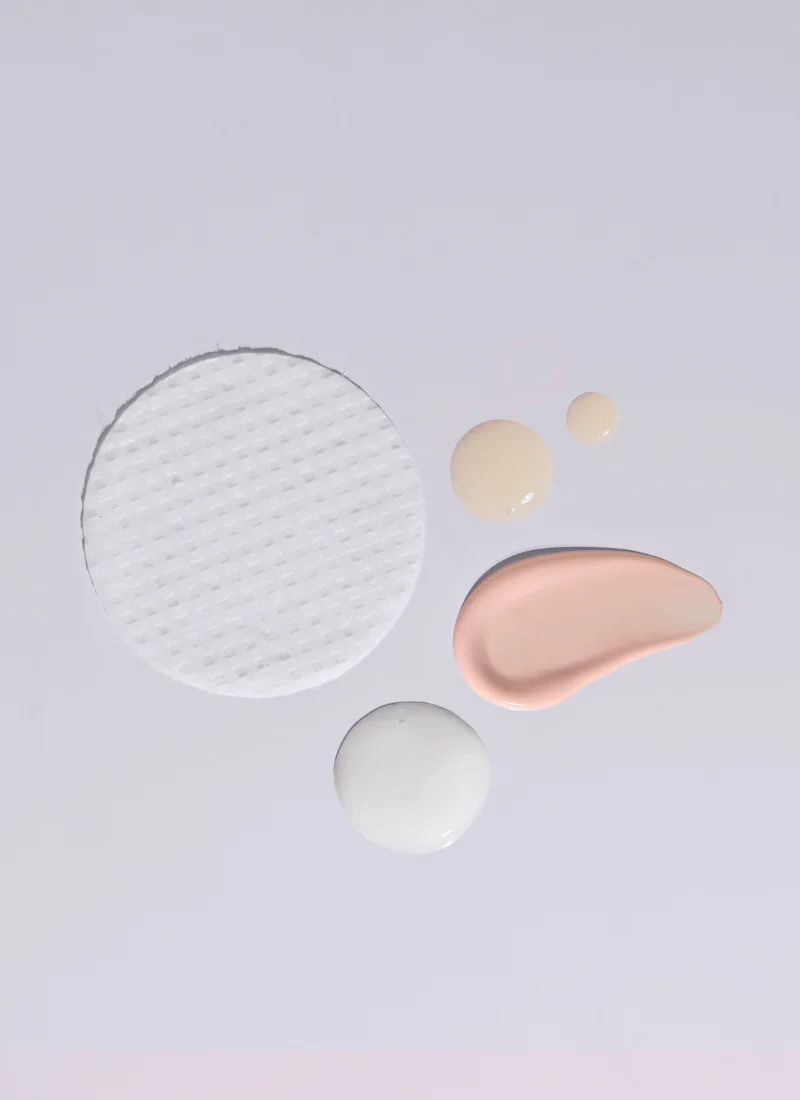Dr. Loretta Talks About the Importance of Being a Skin Realist
- Drew Townsel
- Jul 28, 2023
- 4 min read
With a strong commitment to dermatology and a keen interest in skin aging and effective skincare, Dr. Loretta has spent over four decades working closely with patients. Her extensive experience has led her to develop her eponymous brand, where she features a practical range of products that cater to our skin's specific requirements, considering the various challenges and desires we all have for achieving healthier skin. We spoke with Dr. Loretta and got into the nitty gritty of all things skincare.
What was your personal relationship with skincare growing up?
I didn't have any regular skincare routine until I started my dermatology residency in my mid-twenties. Prior to that time (1979), there weren't many innovative active ingredients on the market, and most younger women were not focused on skin-aging prevention as we are today.
When did you know that you wanted to pursue dermatology?
After my first year of medical school, I did a summer research project at Harvard Medical School Dermatology Department, studying the effects of the sun's UVA on human skin and getting to work with Dr. Thomas Fitzpatrick as he developed the Fitzpatrick Skin Type classification. Returning to school as a second-year medical student, I was hooked on my future as a dermatologist!

When did you know that it was time to launch your skincare brand?
When I realized that there is a dizzying array of products, brands, and philosophies in skincare, but no one that approached successful skin aging as I have in my 30 years of formulating skincare products for professionals only.
What gaps did you see in the skincare industry that you wanted to fill with your brand?
I recognize that it is paramount that we expand our concept of skin protection from sun protection to protection from all the environmental aggressors that age our skin: sun, climate issues, pollution, and irritants.
What challenges did you face when laying the foundation for your brand?
Juggling a busy dermatology schedule and starting a brand, including developing formulations, choosing packaging, and learning about social media, would have possibly been hellish challenges.....But I am extremely fortunate since my two daughters Gina, our CEO, and Liza, our head of Sales and Marketing, make it all fun and incredibly worthwhile and satisfying for me. I am so proud of them and grateful.
Talk about the four factors that affect skin aging.
1. Pollution: pollution levels are actually higher indoors than outside, so we are exposed to damaging pollution particles 24/7. Pollution enters our skin through tiny particles that are up to 30 times smaller than our pores, called Particulate Matter (PM). PM penetrates deeply into living layers of skin causing hyperpigmentation, including solar lentigos (aka "age spots) and wrinkles.
2. Climate issues: indoor climate control dehydrates the skin, and outdoors, we are exposed to ever-increasingly higher temperatures and, in many areas, increased humidity which are major causes of skin redness and clogged pores.
3. Irritants: skin irritation is associated with redness as well as activating enzymes that cause collagen breakdown leading to wrinkles
4. Light: besides UV, there is increasing evidence that High Energy Visible Light (HEV/blue light) and InfraRed (IR) cause free radical damage in the skin, leading to all the hallmarks of skin aging, including sagging and lines and wrinkles.
Talk about exposed vs. unexposed skin. What are the biggest differences you've seen?
After performing total body skin exams on thousands of patients in my last 40 years of dermatology practice, I recognize that it is only the skin that gets exposed to the external environment (Ie, skin that is not covered by clothing) that undergoes 90% of the skin changes that we characteristically label as "aging changes."
Could you talk about the importance of simplicity in skincare products and regimens?
I am basically a skincare minimalist and don't recommend that you start with too many products in your routine. In fact, look for products that will multitask. For example, I formulated our Gentle Hydrating Cleanser to remove makeup as well as cleanse and hydrate our skin.
What is the meaning behind the term "skincare realist"?
I have discovered after four decades of dermatology practice and speaking with patients that most skincare marketing is quite unrealistic, promoting overly complicated regimens or promising unrealistic benefits. To me, a skincare realist is someone who wants to have her skin be the best that it can be by keeping it healthy through daily skincare maintenance.
If you had to describe your brand in three words, what would they be?
Using, Proven, Results-Driven (sorry, that's four!)
How do you want your customers to feel when they apply your products?
I want the experience to be enjoyable, and I especially want them to feel confident about themselves and their skin as they look in the mirror.
If you could give a college-aged person three skincare tips to carry with them throughout life, what would they be?
1. Prevention is a great goal for skincare, so don't wait until you see a major issue on your skin to start using products that are proven to help with pore appearance and, ideally, have proven anti-aging results. Start a simple regimen of cleanser, hydration, and sun protection today. You can always add on other products once you've committed to these.
2. Don't irritate your skin. This will only set you back in achieving the improvement you want. Always apply skincare in front of a well-lit mirror and avoid applying acid-based, retinoids, or other potentially irritating products to areas that are irritated.
3, Skincare doesn't work in the packaging! Learn early to use products as regularly as recommended. And leaving products next to your toothpaste, out on the counter, has been shown to help improve your compliance with applying them.

